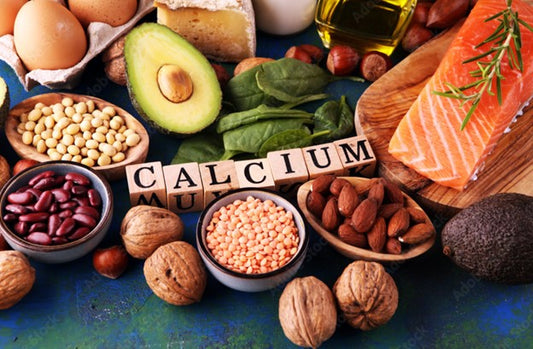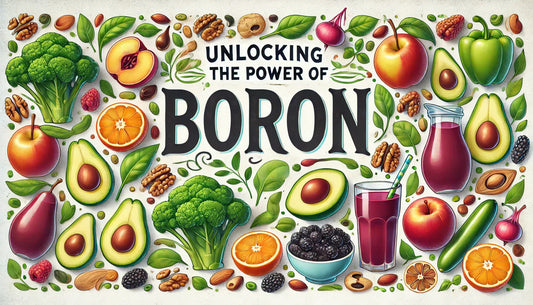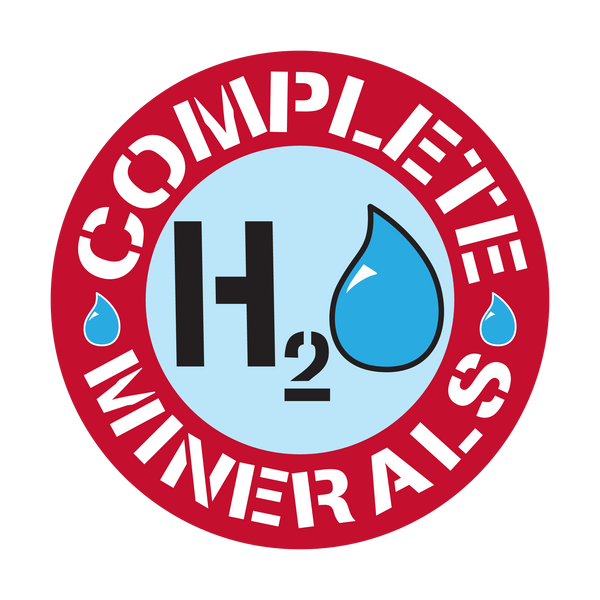Blog

Calcium – The Most Abundant Mineral in the Huma...
Calcium: The Most Abundant Mineral in the Human BodyCalcium is crucial for strong bones, muscle movement, nerve function, and heart rhythm. Discover how this vital mineral supports overall health, what...
Calcium – The Most Abundant Mineral in the Huma...
Calcium: The Most Abundant Mineral in the Human BodyCalcium is crucial for strong bones, muscle movement, nerve function, and heart rhythm. Discover how this vital mineral supports overall health, what...

Boron: Essential for Bone Health and Beyond
Discover the essential benefits of boron for bone health, hormonal balance, cognitive function, and more. Learn natural sources and supplementation benefits.
Boron: Essential for Bone Health and Beyond
Discover the essential benefits of boron for bone health, hormonal balance, cognitive function, and more. Learn natural sources and supplementation benefits.
